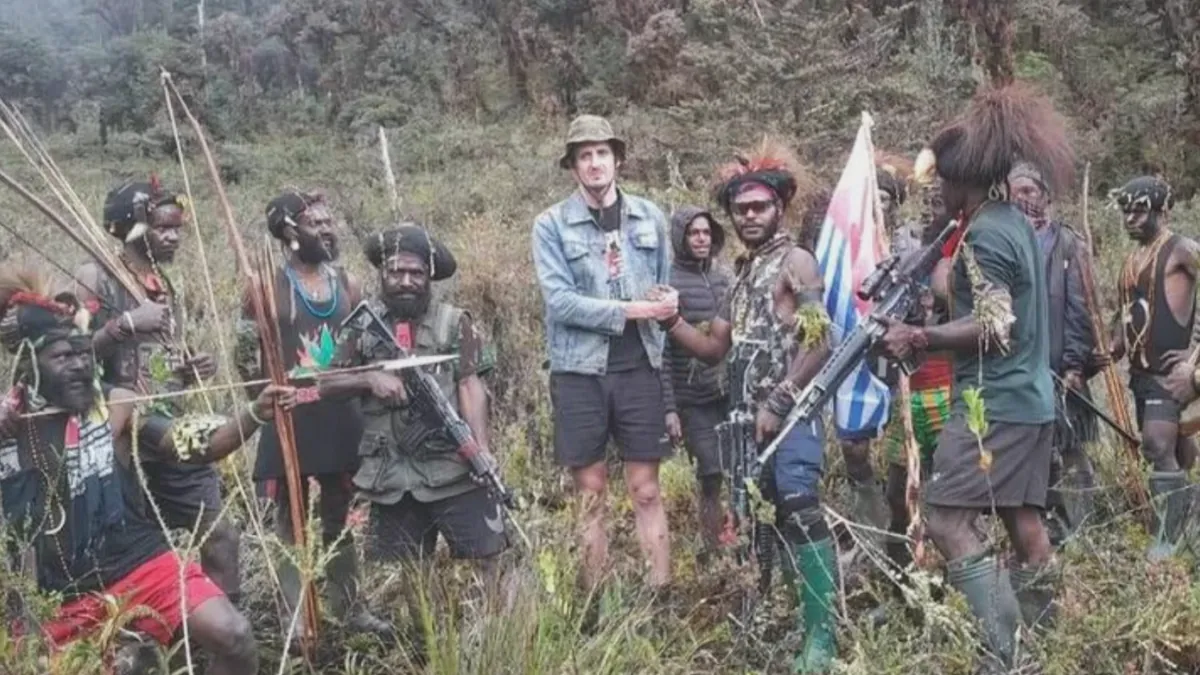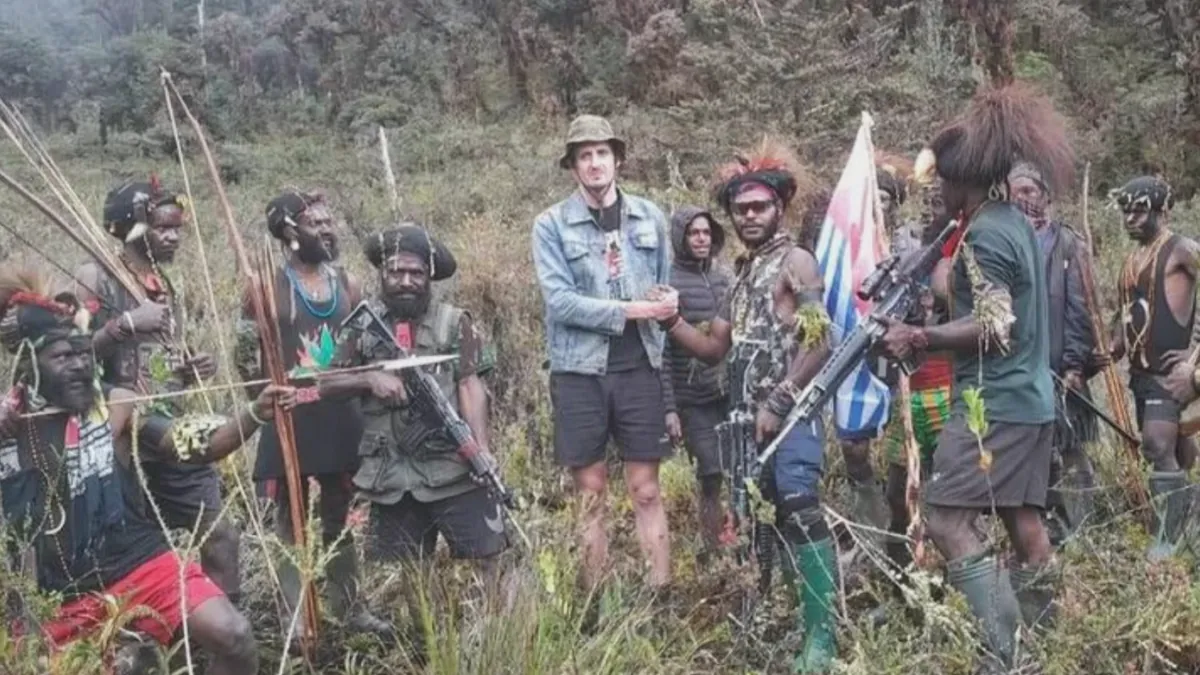New Zealand Pilot Freed After 18-Month Captivity in Papua
Phillip Mehrtens, a New Zealand pilot, has been released after 18 months of captivity in Papua, Indonesia. The release follows diplomatic efforts by New Zealand and Indonesia, ending a tense standoff with separatist rebels.

On September 21, 2024, Indonesian authorities announced the release of Phillip Mehrtens, a New Zealand pilot who had been held captive for 18 months in Papua, Indonesia's easternmost province. The liberation of Mehrtens marks the end of a prolonged ordeal that began on February 7, 2023, when he was abducted by members of the West Papua National Liberation Army (TPNPB).
The TPNPB, a separatist group advocating for Papuan independence, had demanded recognition of Papua's sovereignty in exchange for Mehrtens' freedom. This incident highlights the ongoing tensions in a region that has been part of Indonesia since a controversial 1969 referendum.
Indonesian police reported that Mehrtens was retrieved by a joint team in Nduga Regency and subsequently transported to Timika for medical and psychological evaluations. The New Zealand government confirmed that Mehrtens was "safe and well" and had communicated with his family.
Papua, with a population of approximately 4.3 million, is known for its rich natural resources, including one of the world's largest gold mines. However, the province has been the site of a long-standing separatist insurgency, with the indigenous Melanesian population seeking independence from Indonesia.

The release of Mehrtens comes after intense diplomatic efforts by Wellington and Jakarta. This cooperation underscores the complex geopolitical dynamics in the region, where Indonesia maintains a significant military presence to counter separatist activities.
Mehrtens was employed by Susi Air, an Indonesian airline, at the time of his abduction. His work involved providing crucial air transportation and supplies to remote communities in Papua's challenging terrain, which is characterized by dense rainforests and mountainous landscapes.
The incident has drawn attention to the restricted access international media faces in Papua and the reported human rights abuses by Indonesian security forces in the region. Organizations have documented numerous violations, adding to the complexity of the situation.
As Mehrtens begins his journey to recovery, the event serves as a reminder of the ongoing conflict in Papua. The province's unique biodiversity and cultural heritage contrast sharply with the political tensions that have persisted since the founding of the Free Papua Movement (OPM) in 1965.
The Indonesian government's policies, including the ban on Papuan independence symbols and the implementation of a "transmigration" program, continue to be points of contention. As the international community reflects on Mehrtens' release, questions about Papua's future and the path to resolving the long-standing conflict remain at the forefront of regional discourse.


































